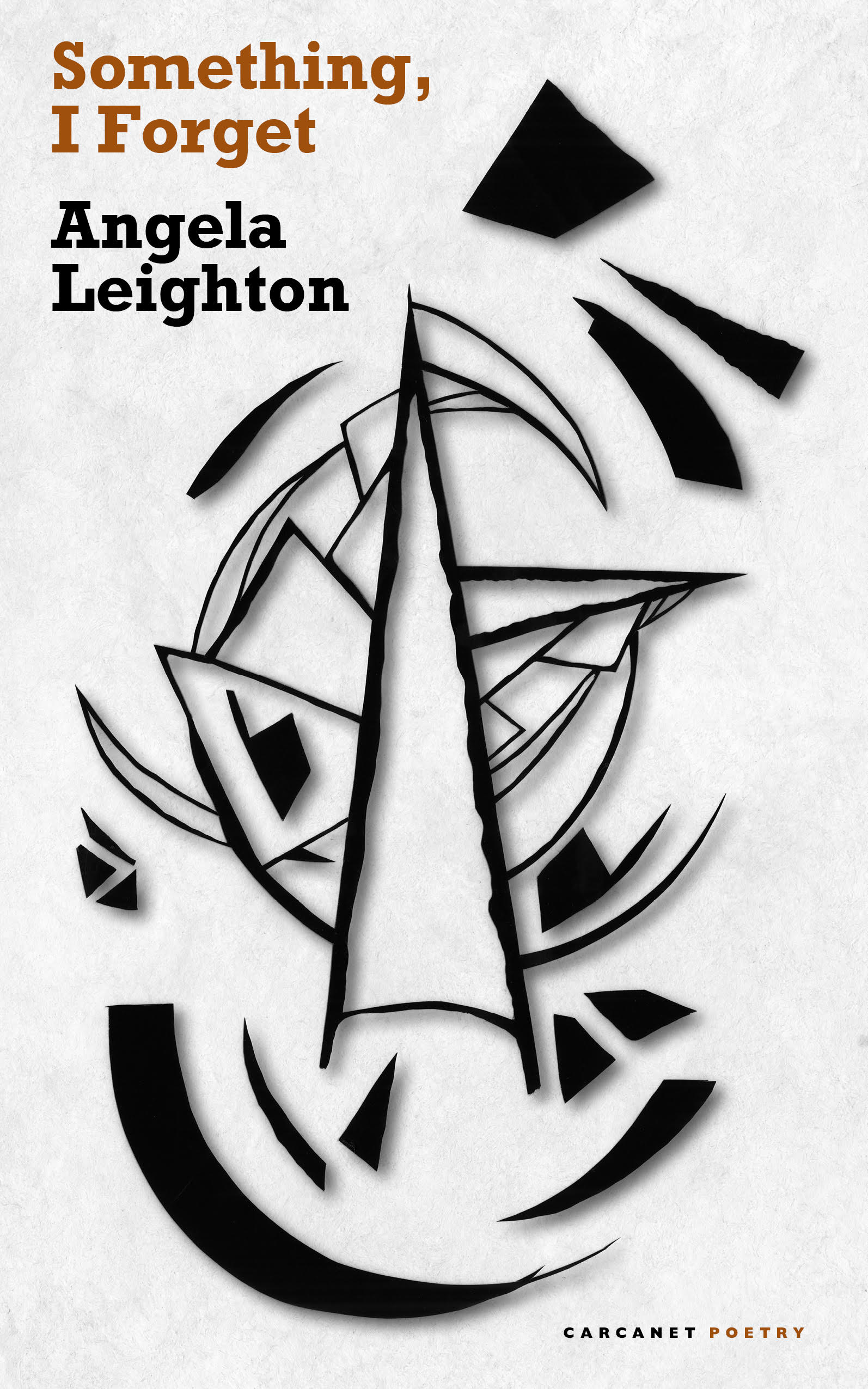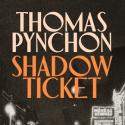Half way through Something, I Forget, in a poem entitled “Returns”, and subtitled “Invasion of Ukraine, February 2022”, Angela Leighton writes, “Today’s my birthday. Many happy returns. / Elsewhere there’s shot, mortar shells, grenades.”
The technical term for this is poetic licence because Leighton’s birthday falls on 23rd February, and Russia’s invasion of that particular "elsewhere" didn’t happen until the following day. Strictly speaking, the poem can’t be true. Leighton’s birthday was as quiet and uneventful in Ukraine as it was anywhere else.
One of the strengths, however, of Angela Leighton’s new volume, her sixth, is its awareness of forgetful rememberings like this. So much of life is lost beyond recall. Her opening poem, “Snowdrop”, ostensibly about the collection itself, becomes the description of an imaginative map ingrained with conundrums lost and found, forgotten and recalled, the found now lost, the lost re-found: “a perfect blank of thought or paper, verse / or purpose – for the feints of phrase we might call true”.
Starting here, in “my wilding garden of remembrance”, Something, I Forget moves towards a final section called “Remembering Gardens”. There are poems about Venice and Cambridge. Hull also claims attention, and Leighton returns often to her native Wakefield in the West Riding of Yorkshire, usually to walk about, watch and listen. Those activities become the seeds of poems. In particular, the absentminded activity of walking that takes her into uncharted landscapes deep-shelved with memories.
But Italy exerts the strongest pull and in its beloved landscapes there is always something behind or below the scene described – an archaeological past stirring in the sounds of words that recall some useful advice Gerard Manley Hopkins once gave Robert Bridges about how to construe his poetry: “read it with the ears.” Informed by the conviction that such a way of reading is the right thing to do, Leighton’s poems are things of the ear and especially of the inward ear’s silent reading to itself.
 Nevertheless the argot of Something, I Forget is sometimes odd. Even more than A Cold Spell (1977) and the poet’s last volume, One, Two (2021), the poems stand obliquely to each other, implicitly telling a story that does not flow from A to Z but forms instead a magic circle “so high across soundwaves crossing / that nothing’s to know and knowing’s a full / earful of wonder – where sense cuts a caper / With noise, and a nonce-word resounds ever after’ (“Ditty for the Poets”).
Nevertheless the argot of Something, I Forget is sometimes odd. Even more than A Cold Spell (1977) and the poet’s last volume, One, Two (2021), the poems stand obliquely to each other, implicitly telling a story that does not flow from A to Z but forms instead a magic circle “so high across soundwaves crossing / that nothing’s to know and knowing’s a full / earful of wonder – where sense cuts a caper / With noise, and a nonce-word resounds ever after’ (“Ditty for the Poets”).
Among that poem’s nonce-words, Hopkins’s “hornlight” squares with John Clare’s “soodle” or Paul Muldoon’s "quoof", a private coinage reminiscent of one of Leighton’s best poems (“Crocus”), in memoriam Anne Barton of Trinity College, Cambridge: “once, she asked me: are the crocuses out?/Come spring, who’ll walk that terrestrial ground?/Night after night her high lit windows/signed the passing weather of the sky.”
Another death, and another Trinity College alumnus, Andrew Marvell, is recalled in “By the Tide of Humber” where Leighton imagines walking “across sandbanks and mud/southwards to Cambridge”, or westwards through the post-industrial landscape of Yorkshire, where also in the prose poem “Unquiet Sleepers” she imagines herself “gravitat[ing] back in a kind of homing […] Returns fit the order of things in this place. They mark the year-in, year-out rounding of the planet while offering a kind of rough consolation for what’s lost on the way. For this also a landscape of no-return, carrying the cost of its human history visibly on its surface, a cost that speaks in silent ruins.”
Even when not concerned with happy or unhappy returns, Leighton’s work displays a kind of internal journeying. In “Paraíso”, for example, a kaleidoscope of shifting images makes everything, including rubbish, look and sound like a revelation: “loose bin-bags shredded by the wind, empty cans thrown in/the whispered losings, leavings, of the lives we live.” It’s an exciting, experimental effect.















Add comment